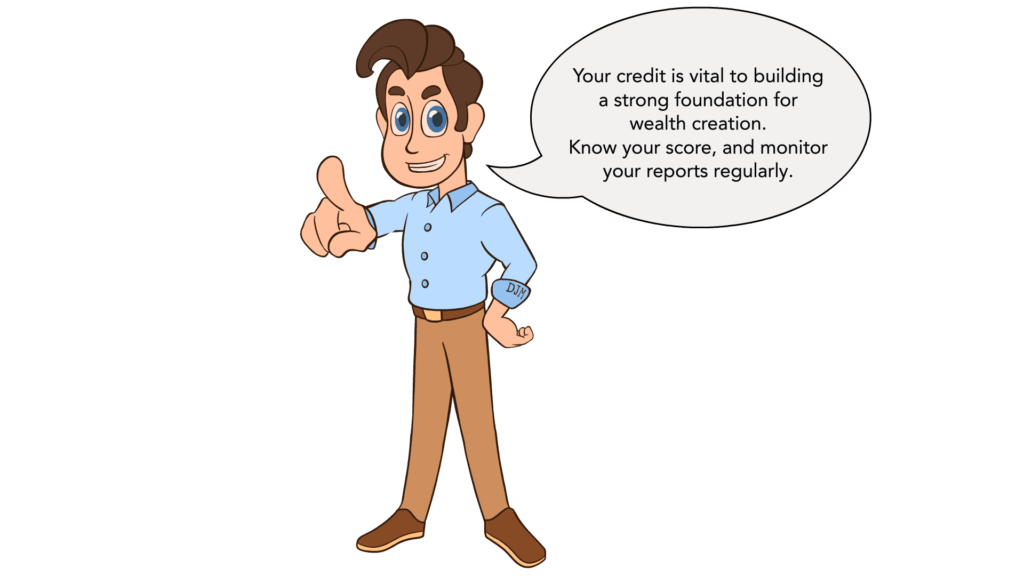Credit Score, Credit Report, and Impact on Score
When you think of credit, chances are credit score, credit report, and good credit come to mind. Do you know the importance of the phrases? If not, you should! The health and history of your credit impact your ability to obtain loans, purchase a home, and even use cell phone services. Therefore, you must understand how credit can affect your life and well-being. Keep reading to learn about the basics of credit.
What Is Credit?
Credit is borrowed money used to buy goods and services (transportation, clothing, etc.) that you agree to pay back. In other words, you’re borrowing money to purchase or use something with the promise to pay it back later. Credit cards and loans are the most common forms of borrowed money. If you want to borrow money, a lender will look at your credit history and credit report to determine your eligibility.
Credit Report
Credit history is a report of all the money you’ve borrowed throughout your life outlined in your credit report. There are three credit reporting agencies (CRAs) that record your credit history every month: TransUnion, Experian, and Equifax. They keep track of these types of activity:
CRAs evaluate and report if and when you repay money to a lender as outlined in a contract. If you fail to make payments, credit reporting agencies add negative remarks to your credit report. The more derogatory remarks on your credit report, the harder it becomes to borrow money. Therefore, your three credit reports are vital to your financial success. In fact, your credit report is one of the core building blocks to financial wealth.
Credit Score
Credit score is a numeric value determined by the information on your credit report. Credit scores are used by lenders to indicate how likely you are to pay back a loan. The higher a credit score, the greater the likelihood that you’ll pay back a loan.
Credit scores range from 300 (lowest) to 850 (highest) and are broken into five categories:
Best Credit Score
Poor Credit Score: Hard to Obtain a Loan
FICO and Vantage Score are the two most common ways lenders run a credit report. Let’s explore how FICO and Vantage Score calculate credit scores:
FICO
- 6 months of credit history
- 1 account reported within the last 6 months
- Treats all late payments the same
- 45-day span to dedupe credit inquiries
- Ignores all collections where the original balance was under $100
Vantage Score
- 1 month of credit history
- 1 account reported in the last 2 years
- Late mortgage payments penalized more harshly
- 14-day span to dedupe credit inquiries
- Ignores only paid collection accounts, regardless of the original balance amount
Credit Score Impacts
Despite the differences between FICO and Vantage Score, the following categories have the highest impact on a credit score:
- Payment History: a record of all payments made on an account. Good payment records tell lenders you are a low risk of defaulting on a loan. A bad payment history illustrates you are high risk, which will affect your credit for 7 to 10 years.
- Credit Usage: how much of your available credit you utilize. You should not use more than 15% of credit at any time. Credit usage over 15% will drop your credit score – the higher the percentage, the lower the score becomes.
- Derogatory Marks: negative marks on your credit that indicate you did not pay a loan per the agreement. Derogatory marks will stay on a credit report for 7 to 10 years.
- Age of Credit: how long you’ve had lines of credit. The longer a line of credit is open and active, the better it is for your credit score.

Let’s Start Making Plans
Ready to start investing? Use our robo-advisor to start investing today. It’s as simple as point, click, invest.


